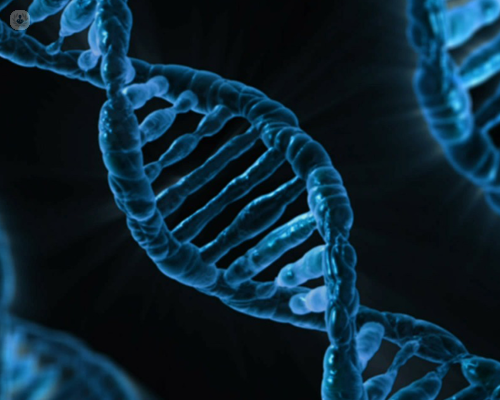DNA stool analysis
What is analysed?
DNA stool analysis involves examining genetic material present in faecal matter.

What does the result mean?
The result indicates the presence or absence of specific DNA markers associated with various gastrointestinal conditions, including colorectal cancer.
Why undergo the analysis?
DNA stool analysis serves as a non-invasive method for detecting gastrointestinal disorders and monitoring patients at risk for colorectal cancer.
When to undergo the analysis?
The analysis is often recommended for individuals with a family history of gastrointestinal conditions or those experiencing symptoms like blood in stool or unexplained changes in bowel habits.
What sample is required?
A small stool sample is required for DNA analysis.
Is any prior preparation necessary?
Generally, no special preparation is needed before collecting the stool sample.
How is it used?
DNA stool analysis helps in early detection and surveillance of gastrointestinal disorders, enabling timely intervention and treatment.
What are the normal values?
Normal values for DNA markers in stool vary based on the specific markers and the laboratory conducting the analysis.
DNA stool analysis reference table
| DNA Marker | Normal Range |
| Marker 1 | Normal values |
| Marker 2 | Normal values |
| Marker 3 | Normal values |
This table presents a reference for normal ranges of DNA markers analysed in stool samples, aiding in the interpretation of test results.
What do altered values signify?
Elevated or abnormal DNA markers in the stool may indicate the presence of gastrointestinal conditions, including colorectal cancer, prompting further diagnostic evaluation.